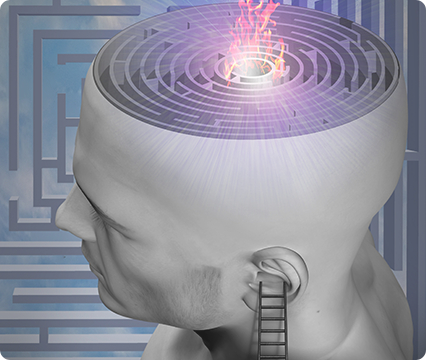Pro-inflammatory diet and depressive symptoms in the healthcare setting

Exploring the association between dietary inflammation and depression
Depression affects over 350 million people worldwide and has recently been linked to low-grade chronic inflammation. Diet plays a critical role in promoting a pro-inflammatory state, as evidenced by studies showing that higher Empirical Dietary Inflammatory Index (EDII) scores correlate with increased plasma inflammatory markers. While the connection between diet and depression is becoming clearer, it remains inconclusive. Current treatments for major depressive disorder, including pharmacologic and device-assisted therapies, are advanced but often insufficient. Investigating the relationship between pro-inflammatory diets and depressive symptoms is essential for a more comprehensive, evidence-based approach to treatment. This study examined the association between dietary inflammation and depression. It used the EDII to assess diet’s inflammatory potential and the Patient Health Questionnaire-9 (PHQ-9) to measure depressive symptoms in healthcare personnel. Data from 631 participants were analyzed using REDCap software. A significant correlation was found between high PHQ-9 and high EDII scores (F = 18.32, p < 0.0001), even after adjusting for gender, psychiatric history, physical activity, and spiritual practices. These findings suggest that adopting an anti-inflammatory diet may play a crucial role in depression management, supporting its integration into holistic treatment strategies.
Year: 2022

 Navigation
Navigation







